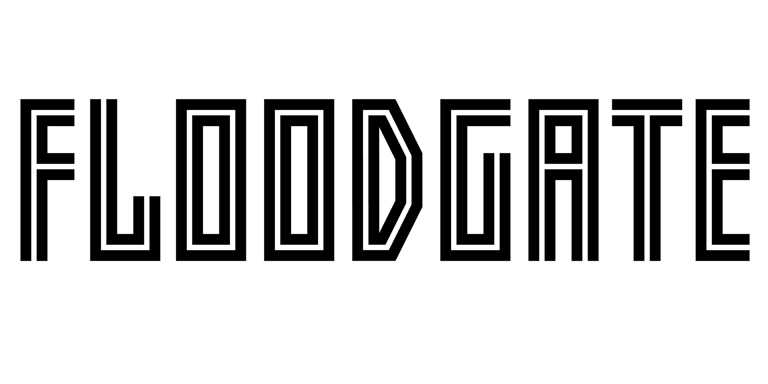The Importance of the Edit
Ben Waddington talks about inspiration, research, and editing
11/13/20243 min read


Words that stayed with me from that first lockdown: 'If you don't write your film script now, you never will.' Moved by this truism, I turned to writing while time stood still that season.
Before the world shut down, before I was a writer, a German publisher invited me to write a Birmingham guidebook for their '111 Places in…' series. My thing is researching and leading guided tours which are shaped by an understanding of city identity, and the walks had clearly reached Köln. I thought I had neither the time nor the chops, but as the lockdowns began, I realised I had time, and with time came the ability. How easily that opportunity came to me! But with the city still closed, the book took longer to complete than I thought. While the research and writing flowed, various thwarted photographs and snubbed permissions at times made the task seem unsolvable.
However, with one tough book finally on the shelf, any writing project now seemed possible, and my fiction floodgates were wide open.
In 2022, Garrie Fletcher invited me to submit some words to Digbeth Stories; perhaps in response to the imaginative and keenly observed towpath walk we had co-created for Verve Poetry Festival in 2019. Guided tours were a new platform for Garrie to explore and it felt like a cultural exchange for me to take my first venture into fiction. But surely Garrie and the other editors knew I was not a real writer, my guidebook aside? I felt I would have to trick my way into their book, which I planned to do by writing a good story. What could I offer that surely would not duplicate the real writers' efforts? By setting my story in seventh-century Birmingham, I felt certain to stand out. It was then a simple matter to comprehensively research Anglo-Saxon village life from the available archeological evidence, understanding those 'rules for life' and then spinning a suitable yarn to fit those parameters. That meant yes to knives and singing, but no to strangers, knowing the time of day and certainly no to rabbits.
My first efforts channeled the lyrical rigour of Hilary Mantel's Wolf Hall trilogy, those keenly observed historical landscapes and her solid courtly dialogue. Garrie pointed out that my short story did not begin until page 6 and recommended dropping all of the exposition. But those are the good bits, Garrie…
I duly chopped all of the copied bits and 'Cup Song' made the cut. What a thrill! It was another first for me to accompany an editor into my private Anglo-Saxon woodland setting, where Garrie mended inconsistencies, clarified the opaque and left unsaid the redundant. My creative work is usually all done solo and it was an enjoyable experience to surrender some of that independence to an intelligent voice with a discrete judgement. He surely knew how stories worked, and seemingly understood mine better than me. My next effort was a chapter from my forthcoming novel Material Girl, written in part to make that fuller objective more likely to happen. 'Tipping Point' is a damp, night-time exploration of the beguiling world of decluttering consultants and gurus.
I now recognise how unusual is Floodgate's nurturing disposition, and therefore how special. The three editors' interest goes further than merely editing words or assessing the new writers they encounter. They see where talent may be secretly lurking and know how it can be encouraged to grow. Their enthusiasm and support gave me an enduring boldness and confidence, and my long-dormant literary ambitions are now in full flow. Aha, floodgate! Now I get it.
Ben Waddington
'Cup Song' appears in Digbeth Stories
'Tipping Point' appears in Night Time Economy
111 Places in Birmingham that You Shouldn't Miss is now in its second edition and is published by Emons.
Material Girl, Leave It Til Tomorrow, Excuse Culture, and further Beorma Stories are all current works in progress.
